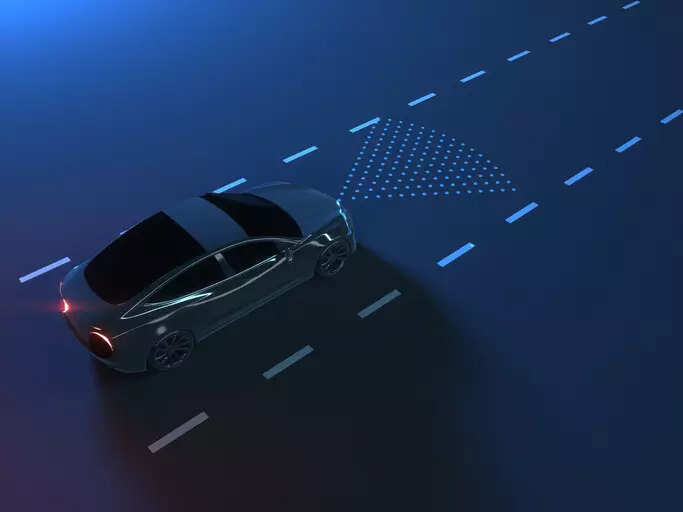
By Nick Carey
LONDON: Britain should pass a law regulating self-driving vehicles and include sanctions for companies if anything goes wrong when their vehicles take over control from human drivers, two independent governmental bodies said on Wednesday in a report.
The report by the Law Commission of England and Wales and the Scottish Law Commission recommended introducing an “Automated Vehicles Act” and drawing “a clear distinction between features which just assist drivers, such as adaptive cruise control, and those that are self-driving.”
Governments around the world are wrestling with how to regulate self-driving vehicle technology and the thorny topic of accident liability.
Once a self-driving system is engaged, “the person in the driving seat would no longer be responsible for how the car drives,” the law commissions proposed in the report.
“Instead, the company or body that obtained the authorisation would face regulatory sanctions if anything goes wrong,” the commissions said.
Britain’s law commissions review laws and make recommendations to government and parliament about suggested reforms. The Law Commission of England and Wales says about two thirds of its reform recommendations have been implemented.
The UK government wants to be at the forefront of rolling out autonomous driving technology and the transport ministry forecasts by 2035 around 40% of new UK cars could have self-driving capabilities, creating up to 38,000 new skilled jobs.
Last year the government announced Britain would become the first country to regulate the use of self-driving vehicles at slow speeds on motorways.
But insurance companies have warned Britain’s goals could backfire unless automakers and regulators spell out the limitations of the technology available today.
“Today’s report is a significant step, as it provides important legal recommendations and clarity for the safe deployment of vehicles with self-driving features onto the UK’s roads,” said Matthew Avery, chief research strategy officer at UK insurance group Thatcham Research, which consulted with the law commissions on the report.
The government’s Centre for Connected and Autonomous Vehicles (CCAV) asked for the commissions’ review of the legal framework for self-driving vehicles in 2018.
Also Read:

